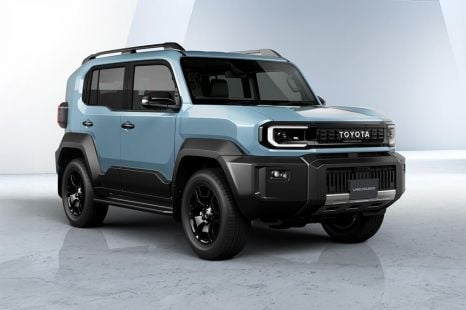

William Stopford
The cars revealed in 2025 we wish would come to Australia
6 Minutes Ago

Contributor
An engineering process pioneered by Tesla is slowly being adopted by some of the car industry’s biggest players, with Nissan declaring it will soon start “gigacasting” electric vehicle (EV) components.
Automotive News reports Nissan will produce its first gigacasted EVs from about 2027, claiming it’ll not only reduce costs by 30 per cent but also cut weight – extending driving range.
Tesla was the first carmaker to find success with gigacasting, which sees large aluminium components including the chassis produced by being casted at high pressure, similar to the base of Hot Wheels toy cars.
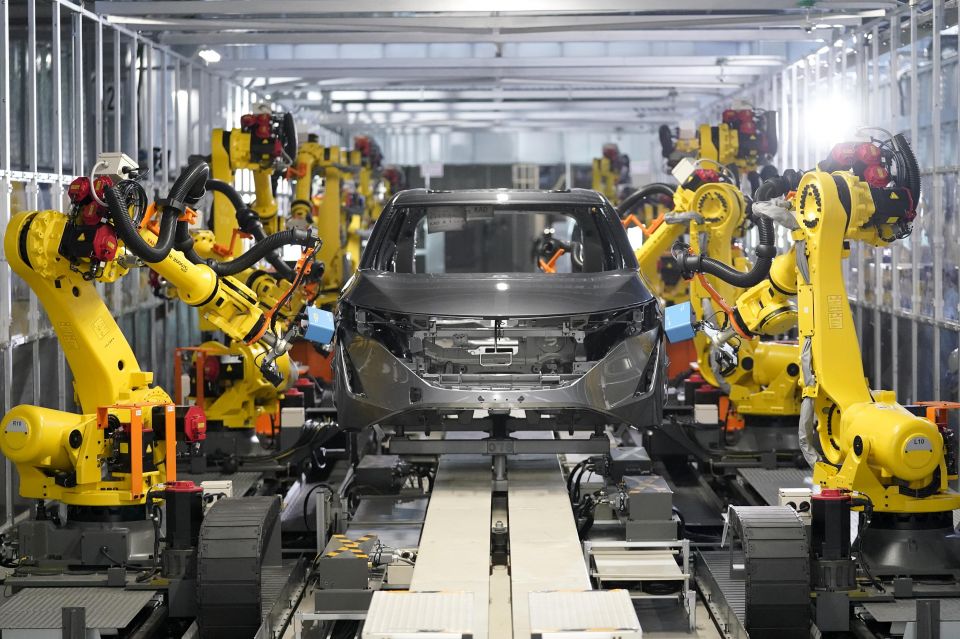
This not only increases strength by eliminating welds and stamping, but eventually leads to lower production costs – after forking out the funds for the multi-thousand tonne casting machines.
Nissan’s Executive Vice President Hideyuki Sakamoto told Automotive News it expects to save almost $1.5 billion on the development costs of five EVs debuting in 2027 or 2028.
These five vehicles will spearhead Nissan’s target for EVs to contribute 40 per cent of its sales by March 2031.
it will first rely on 6000-tonne presses to form the rear underbody of upcoming EV models, about 50 per cent larger than the machines Toyota will also use for some of its future models.
The publication notes however gigacasting has encountered consistency issues, given the high pressures involved which can cause quality concerns.
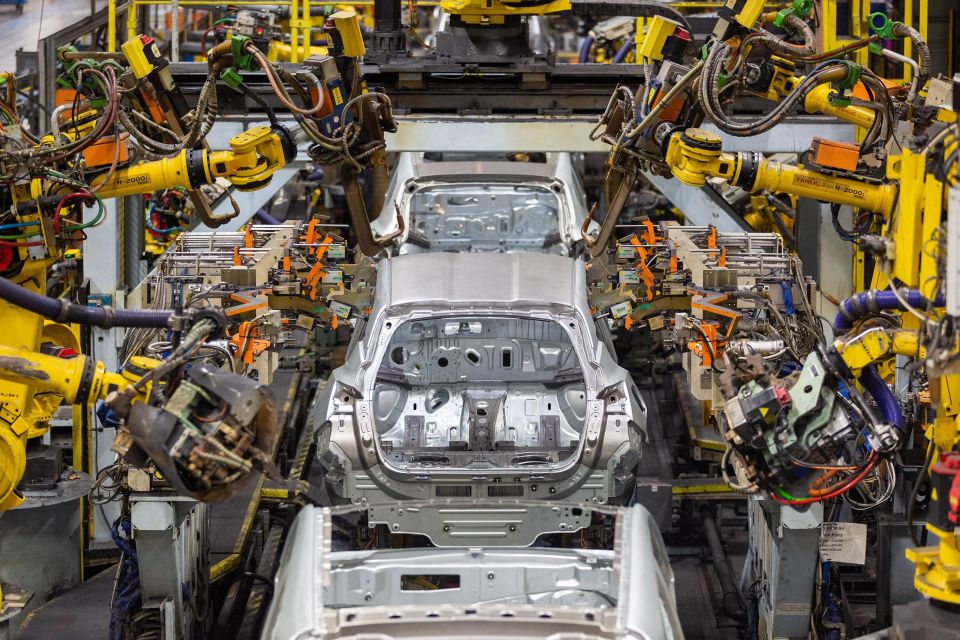
Nissan is no stranger to casting, having adopted similar production techniques – albeit on a smaller scale – for its Ariya EV.
The carmaker will also reportedly have to change the way it secures different parts, given steel and aluminium are difficult to weld together due to the varying expansion and contraction rates of the metals.
While Nissan’s Japanese factories will be the first to adopt gigacasting, Automotive News reports its US and UK plans are expected to be upgraded with the new production method by 2030.
As reported last week, Nissan is investing £3 billion ($5.8bn) in the Sunderland factory where the Leaf is currently made, as it prepares to produce the new-generation model as well as electric versions of the Juke and Qashqai SUVs.
MORE: Everything Nissan MORE: Nissan invests billions in transforming UK plant for EVs
Where expert car reviews meet expert car buying – CarExpert gives you trusted advice, personalised service and real savings on your next new car.
Born and raised in Canberra, Jordan has worked as a full-time automotive journalist since 2021, being one of the most-published automotive news writers in Australia before joining CarExpert in 2024.


William Stopford
6 Minutes Ago
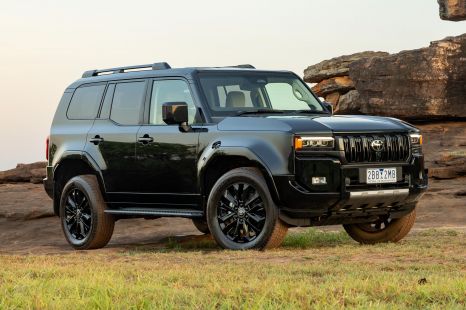

Josh Nevett
1 Hour Ago
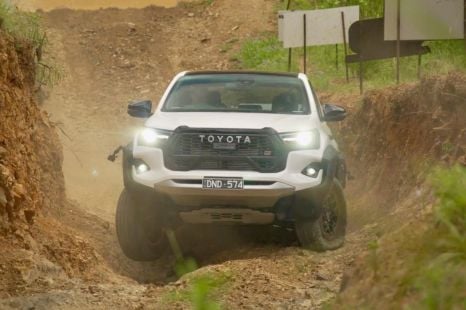

Ben Zachariah
17 Hours Ago
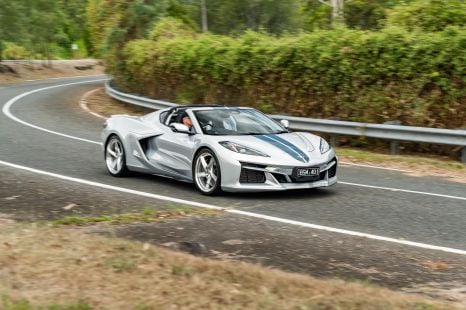

CarExpert.com.au
1 Day Ago
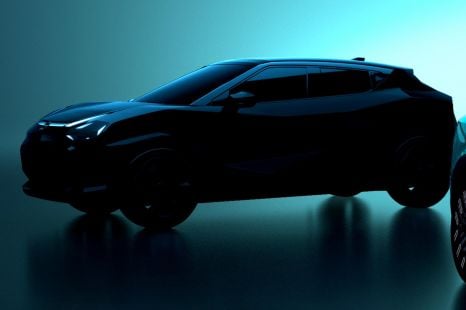

Damion Smy
2 Days Ago
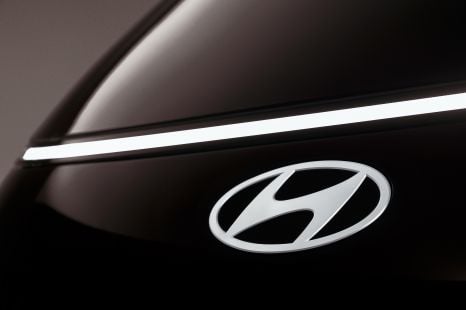

Damion Smy
2 Days Ago